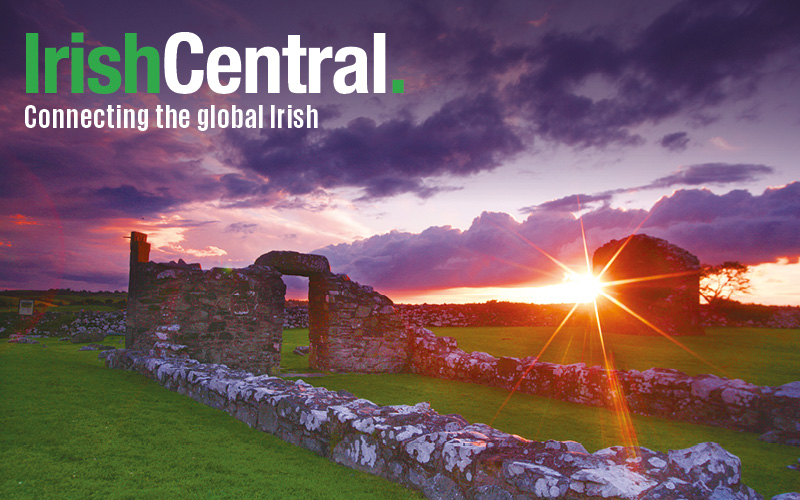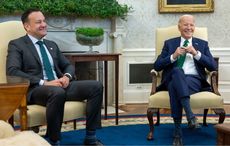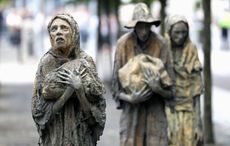Both nationalists and unionists in Northern Ireland have been closely following the Scottish debate on the upcoming vote for independence, and the outcome raises questions about the impact on Ireland if Scotland votes for independence in September.
Earlier this year, Ian Paisley Jr., a lawmaker for the Democratic Unionists, warned that if Scotland voted for independence, it could kindle new violence in Northern Ireland.
Tom Elliott, the former leader of the Ulster Unionist Party, said in 2012 that the Scottish National Party was “a greater threat to the union than the violence of the I.R.A.”
The New York Times reports that Reg Empey, a prominent unionist, predicted that Northern Ireland could end up “like West Pakistan,” with “a foreign country on one side of us and a foreign country on the other side of us.”
However, many nationalists have publicly played down the impact of the Scottish vote.
Speaking to Scotland's Sunday Herald, Danny Morrison, a former head of publicity for Sinn Fein, said recently that despite the “schadenfreude,” a Scottish vote for independence would not bring a united Ireland any closer.
While Irish nationalism has a long and bloody history, both supporters and opponents of modern Scottish independence have prided themselves that the run-up to the referendum in September has been a nonviolent process.
“No one has had so much as a nosebleed,” Alex Salmond, Scotland’s First Minister, said in a recent interview.
Since 1998, the nationalists and unionists have co-existed in Northern Ireland under the Good Friday Agreement. However, distrust runs deep and neighborhoods remain segregated.
“There is always the potential for violence,” Daithi O’Ceallaigh, a former Irish ambassador to Britain and one of the first Irish diplomats to serve in Belfast in 1985, told the New York Times.
“Northern Ireland needs stability, and at the moment there is a lot of uncertainty on the horizon.”
Beyond these fears, a vote for Scottish independence would increase the chances of Britain leaving the European Union in a possible referendum in 2017, as Scottish voters tend to be more pro-European than the English. This could lead to a harder border between Northern Ireland and the Republic, which O’Ceallaigh says could be “explosive.”
Still, some Irish nationalists claim a peaceful secession could set an important precedent.
Catherine McCartney, who grew up in a Catholic neighborhood during the Troubles and lost her brother in a bar fight involving former I.R.A. members in 2005, told the NY Times: “Independence without murdering anyone, that is something to be proud of.”




Comments